Property Damage
frequently asked questions*
Who is responsible for repairing my vehicle?
Am I entitled to diminished value of the vehicle?
What do I do if I don’t have the title?
Am I entitled to a rental vehicle?
What do I do if the other driver’s insurance is not accepting responsibility?
What happens if my vehicle is totaled?
How can I prove what my vehicle is worth?
How should I negotiate a property damage settlement?
Do I need a lawyer for my property damage claim?
Who is responsible for repairing my vehicle?
The person who is at fault for the accident should be responsible for repairing your vehicle plus the towing and storage fees. Contact the insurance company of the responsible driver (at-fault-party) and advise them that you need to speak with the property damage adjuster/claim representative. They will gather information from you and then assign an adjuster for your property damage claim. Usually, you will have a different adjuster from your injury claim. They will give you a claim number to reference for the case. You can take your vehicle to an auto body and collision repair shop of your choosing and provide the shop the claim information. You should only talk to the property damage adjuster about your vehicle and not about your injuries or how the accident occurred. You can either have the at-fault party pay the body shop directly to repair your vehicle or you can receive a check to do the repair yourself.
What do I do if the other driver’s insurance is not accepting responsibility?
If liability is contested or you are at fault for the accident, then you should check with your own insurance to see if you have collision coverage. You will incur a deductible if you use your own insurance. The deductible may be waived by your company or recovered later from the at-fault party. Even if you were not at fault, it may be to your advantage to use your own insurance if the at-fault driver’s insurance company is going to take a long time to investigate liability, such as waiting for a police report in a criminal case. You are responsible to mitigate your own damages by ensuring your vehicle is not incurring daily storage fees or rental charges for an unreasonable amount of time. If your insurance pays for your property damage, then they may then pursue the at-fault party directly in a subrogation claim.
Am I entitled to a rental vehicle?
If your vehicle is not drivable, you are entitled to a rental vehicle or to “loss of use” of your vehicle from the at-fault driver’s insurance company. The at-fault driver’s insurance company can provide you with a rental vehicle for a reasonable period (usually 7-14 days) while your vehicle is being repaired by a body shop. Alternatively, if you have another vehicle to drive while your vehicle is being repaired, you are entitled to “loss of use” of your vehicle, which is usually calculated as $30 a day for a reasonable period (not more than 30 days) while your vehicle is being repaired or until they agree to pay for your total loss.
Am I entitled to diminished value of the vehicle?
Even after being repaired, your vehicle may be worth less at sale or trade-in because it was involved in a crash. You are entitled to compensation from the at-fault party for the diminution of value or diminished value of the vehicle. You need to prove the loss with a sales quote from a dealer or an appraisal report showing the loss of value for your vehicle. Typically, diminished value claims are economically viable for vehicles that are luxury vehicles, classic vehicles, or seven years old or less.
What happens if my vehicle is totaled?
The insurance often declares your vehicle a “total loss” if the cost to repair is 80% of the value or more. If your vehicle is a “total loss,” then you are entitled to the value of the vehicle plus the cost of transferring title to the insurance company. You will need to send the original title and may need to sign a Power of Attorney to allow the insurance company to take ownership of the vehicle. You will need to notify the tow yard that you are releasing the vehicle to the insurance company. The insurance company may offer you the option to retain the vehicle, but they will still need to report the total loss to the DMV and you will apply for a salvage title. The insurance company will offer you less money if you decide to retain the vehicle.
How can I prove what my vehicle is worth?
The value of your vehicle is the market value, not what you owe on the loan for your vehicle or what it costs to replace it. The insurance company will provide a report with sales of comparable vehicle to justify their market value. Comparable vehicles should be a close match with the year, make, model, mileage, and features of your vehicle. It is often up to you to prove the value of your vehicle and you can do this by using Kelley Blue Book value, NADA value, or an appraisal if you have one. You can submit receipts for upgrades which are not included in the standard vehicle profile.
What do I do if I don’t have the title?
If you lost the vehicle’s title or the title was not issued in your name yet by the DMV after you purchased it, the at-fault insurance company will not be able to send payment to you and will have to issue payment to the owner registered with the DMV. Unless you trust the person who receives the property damage check will give the money to you, you should apply immediately for a new or replacement title as the DMV may take several months to produce a new title. If you don’t have possession of the title because it is being held by a financial institution, give the at-fault insurance company your loan’s account information. Then notify your lender of the total loss of the vehicle. You need to continue to make payments until the loan is paid off by the at-fault insurance company.
How should I negotiate a property damage settlement?
Make sure you demonstrate with facts and not feelings why you believe the value of your vehicle is what you say. After reporting the claim and have an estimated value you will need to work with a property damage adjuster to come to a reasonable offer. Unlike a personal injury claim, the property damage claim settlement should be resolved relatively quickly. Keep in mind that in order not to be without a vehicle for an extended period and to avoid extensive costs and delays involved in the litigation of a property damage claim, it may be better to accept a little less than the value you may believe it’s worth to settle the property damage claim promptly and not incur an attorney fee.
Do I need a lawyer for my property damage claim?
Many property damage claims can be resolved on your own without the help of a lawyer because the value of a vehicle is determined by the sales of comparable vehicles. If you decide to handle your own property damage claim, be aware you have two different claims: a claim for your injuries (bodily injury or personal injury), and a separate claim for the damage to your vehicle (property damage). These claims can be settled separately at different times, as long as the release you sign for property damages is a “Release for Property Damages Only” and not a “General Release” that releases all claims. You will want a lawyer to handle your bodily injury claim.
*Laws vary by state, so these are general guidelines only and should not be interpreted as legal advice for your specific case. If you have specific questions, please consult an attorney.
Practice Areas
Accomplished Personal Injury Lawyers
Contact Us
Honest care • Clear advice • Smart approach
Call Us
(855) 772-6969
Text Us
(855) 772-6969
Hours
Monday: 8:00AM - 5:00PM
Tuesday: 8:00AM - 5:00PM
Wednesday: 8:00AM - 5:00PM
Thursday: 8:00AM - 5:00PM
Friday: 8:00AM - 5:00PM
*Hour and availability may vary by office location, please call ahead*
Contact Us
Contact Us
Call Us
(855) 772-6969
Text Us
(855) 772-6969
Hours
Monday: 8:30AM - 4:30PM
Tuesday: 8:30AM - 4:30PM
Wednesday: 8:30AM - 4:30PM
Thursday: 8:30AM - 4:30PM
Friday: 8:30AM - 12:00PM
*Hour and availability may vary by office location, please call ahead*
Southern Oregon
770 S. Front St
Ste. 200
Central Point, OR 97502
Phone: (541) 772-6969
Northern California
177 Bovet Road
Sixth Floor
San Mateo, CA 94402
Phone: (650) 514-5004
Portland
Oregon
111 SW 5th Street
Suite 3150
Portland, OR 97204
Klamath
Falls
1435 E Main St
Suite B
Klamath Falls, OR 97601
Grants
Pass
160 SE G St
Grants Pass, OR 97526
Central
Oregon
2900 NW Clearwater Dr
Suite 200
Bend, OR 97703
Roseburg
Oregon
815 SE Oak Ave
Roseburg, OR 97470
San Jose
California
690 Saratoga Ave,
Ste 100
San Jose, CA 95129
Redding
California
3310 Churn Creek Rd
Suite A
Redding, CA 96002
Southern
California
11601 Wilshire Blvd.
5th Floor
Los Angeles, CA 90025
Utah
County
826 E State Road
Suite 200
American Fork, UT 84003
Eastern
Idaho
1417 N 615 E
Shelley, ID 83274
Phone: 208-423-3682
*Walk-in visits are not accepted at all of our locations*

Mailing Address:
PO Box 3700
Central Point, OR 97502
Fax: (541) 245-0486
Our Promise
We promise to handle each case individually and with care. We take cases many lawyers pass up because we know that you cannot afford to fight the system alone. Give us a call, send us a text, or stop in to discover that for us you are more than a case. Let us tell your story.









